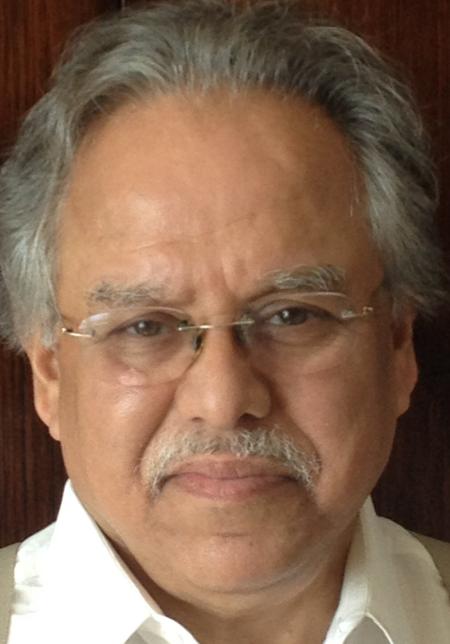Ambiguities of Sovereignty: Politics of Peace in Northeast India
3600 Market Street, Suite 560 (5th floor)
University of Pennsylvania
Philadelphia, PA 19104
About the Speaker:
Sanjib Baruah is a Professor of Political Studies, Bard College, and Honorary Research Professor, Centre for Policy Research, New Delhi. His publications include: India Against Itself: Assam and the Politics of Nationality (University of Pennsylvania Press), Durable Disorder: Understanding the Politics of Northeast India (Oxford University Press), and the edited volume Beyond Counterinsurgency: Breaking the Impasse in Northeast India (Oxford University Press). His op-ed columns appear in various Indian newspapers and magazines.
About the Lecture:
In August 2015, leaders of the Nationalist Socialist Council of Nagalim (I-M) and representatives of the Government of India signed a preliminary peace agreement. Very few details of this "framework agreement" are known. But there are indications that some version of the phrase "shared sovereignty" would appear in the final agreement. Professor Baruah will draw out the possible meaning of the phrase and its implications, based on public statements by key players. "Shared sovereignty," he argues, could have a more-than-symbolic meaning in this context. Without an international personhood element, it is expected that the Indian public would find the phrase acceptable, or wouldn't pay it much attention. However, the development has substantial implications for domestic sovereignty, i.e., the organization of political authority in the region.

